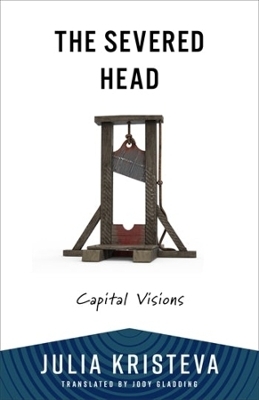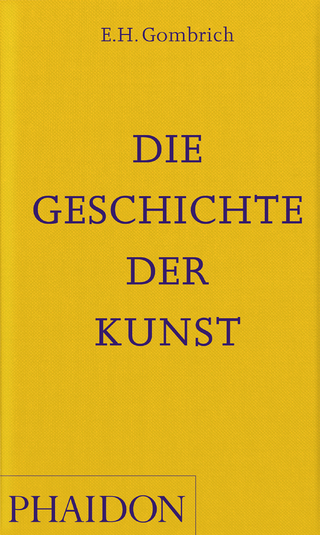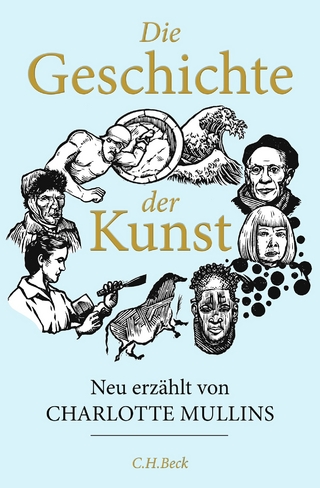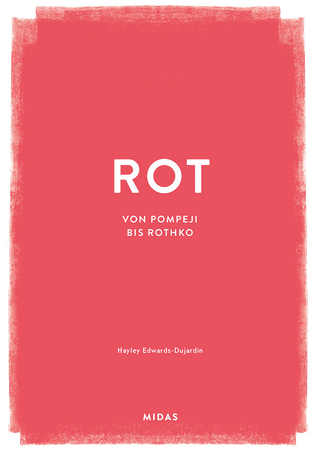
The Severed Head
Capital Visions
Seiten
2024
Columbia University Press (Verlag)
978-0-231-21905-1 (ISBN)
Columbia University Press (Verlag)
978-0-231-21905-1 (ISBN)
Informed by a provocative exhibition at the Louvre curated by the author, The Severed Head unpacks artistic representations of severed heads from the Paleolithic period to the present. Surveying paintings, sculptures, and drawings, Julia Kristeva turns her famed critical eye to a study of the head as symbol and metaphor, as religious object and physical fact, further developing a critical theme in her work—the power of horror—and the potential for the face to provide an experience of the sacred.
Kristeva considers the head as icon, artifact, and locus of thought, seeking a keener understanding of the violence and desire that drives us to sever, and in some cases keep, such a potent object. Her study stretches all the way back to 6,000 B.C.E., with humans' early decoration and worship of skulls, and follows with the Medusa myth; the mandylion of Laon (a holy relic in which the face of a saint appears on a piece of cloth); the biblical story of John the Baptist and his counterpart, Salome; tales of the guillotine; modern murder mysteries; and even the rhetoric surrounding the fight for and against capital punishment. Kristeva interprets these "capital visions" through the lens of psychoanalysis, drawing infinite connections between their manifestation and sacred experience and very much affirming the possibility of the sacred, even in an era of "faceless" interaction.
Kristeva considers the head as icon, artifact, and locus of thought, seeking a keener understanding of the violence and desire that drives us to sever, and in some cases keep, such a potent object. Her study stretches all the way back to 6,000 B.C.E., with humans' early decoration and worship of skulls, and follows with the Medusa myth; the mandylion of Laon (a holy relic in which the face of a saint appears on a piece of cloth); the biblical story of John the Baptist and his counterpart, Salome; tales of the guillotine; modern murder mysteries; and even the rhetoric surrounding the fight for and against capital punishment. Kristeva interprets these "capital visions" through the lens of psychoanalysis, drawing infinite connections between their manifestation and sacred experience and very much affirming the possibility of the sacred, even in an era of "faceless" interaction.
Julia Kristeva is professor emerita of linguistics at the Université de Paris VII. A renowned psychoanalyst, philosopher, and linguist, she has written dozens of books spanning semiotics, political theory, literary criticism, gender and sex, and cultural critique, as well as several novels and autobiographical works, published in English translation by Columbia University Press. Kristeva was the inaugural recipient of the Holberg International Memorial Prize in 2004 “for innovative explorations of questions on the intersection of language, culture, and literature.” Jody Gladding is a poet who has translated more than twenty works from French.
| Erscheinungsdatum | 04.01.2025 |
|---|---|
| Reihe/Serie | European Perspectives: A Series in Social Thought and Cultural Criticism |
| Übersetzer | Jody Gladding |
| Verlagsort | New York |
| Sprache | englisch |
| Maße | 140 x 216 mm |
| Themenwelt | Kunst / Musik / Theater ► Kunstgeschichte / Kunststile |
| Geisteswissenschaften ► Philosophie | |
| Sozialwissenschaften | |
| ISBN-10 | 0-231-21905-9 / 0231219059 |
| ISBN-13 | 978-0-231-21905-1 / 9780231219051 |
| Zustand | Neuware |
| Informationen gemäß Produktsicherheitsverordnung (GPSR) | |
| Haben Sie eine Frage zum Produkt? |
Mehr entdecken
aus dem Bereich
aus dem Bereich


